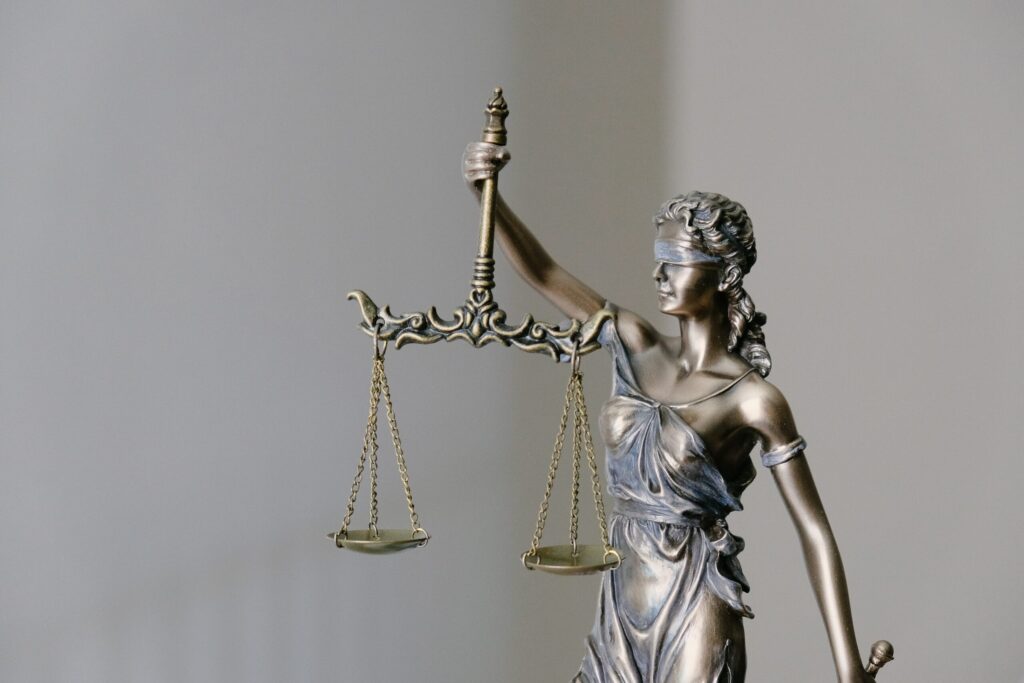The United States Supreme Court recently held that a bankruptcy debtor who has liability for fraud may not discharge that debt even if the debtor did not know of the fraud or participate in it.
The details of the case were as follows: Kate and David Bartenwerfer decided to remodel the house they jointly owned in San Francisco and to sell it for a profit. David took charge of the project, while Kate remained largely uninvolved. They eventually sold the house to respondent Kieran Buckley. In conjunction with the sale, Kate and David attested that they had disclosed all material facts related to the property. After the purchase, Buckley discovered several defects that the Bartenwerfers had failed to disclose. Buckley sued in California state court and won, leaving the Bartenwerfers jointly responsible for more than $200,000 in damages.
Unable to pay that judgment or their other creditors, the Bartenwerfers filed for Chapter 7 bankruptcy. Buckley then filed an adversary complaint in the bankruptcy proceeding, alleging that the debt owed him on the state-court judgment was nondischargeable under the Bankruptcy Code’s exception to discharge of “any debt . . . for money . . . to the extent obtained by . . . false pretenses, a false representation, or actual fraud.” The Bankruptcy Court found that David had committed fraud and imputed his fraudulent intent to Kate under California law because the two had formed a legal partnership to renovate and sell the property. The US Supreme Court held that a debtor who is liable for her partner’s fraud cannot discharge that debt in bankruptcy, regardless of her own culpability. In other words, a partner or agent of a fraudster may not obtain bankruptcy protections against creditors who were the victims of such fraud, even if the debtor did not participate in the fraud or was unaware of the fraud.
This decision definitely impacts a debtor’s options in electing to file for bankruptcy. We are available to discuss this in detail with you so give me a call.

